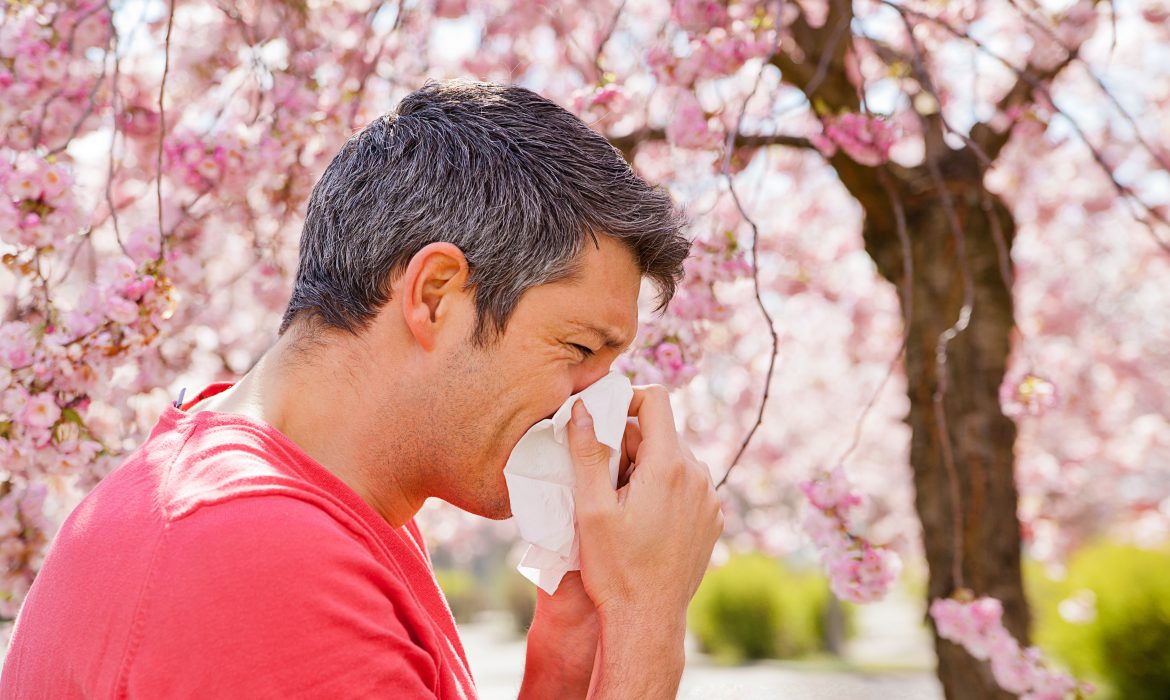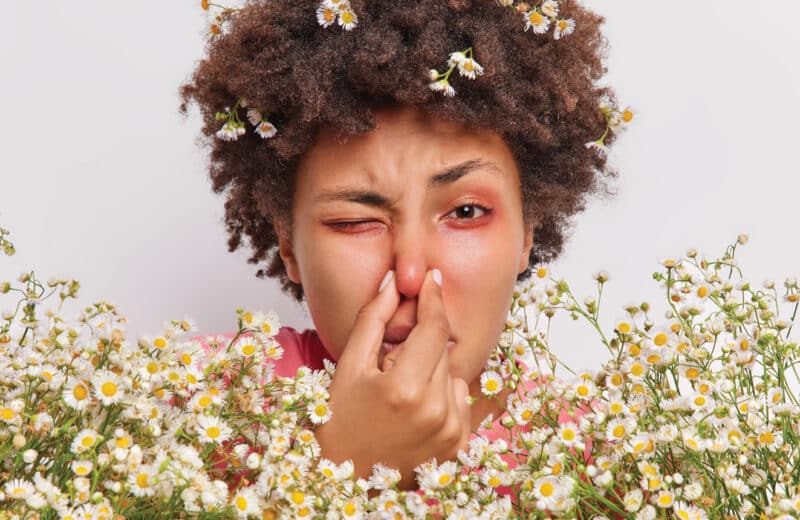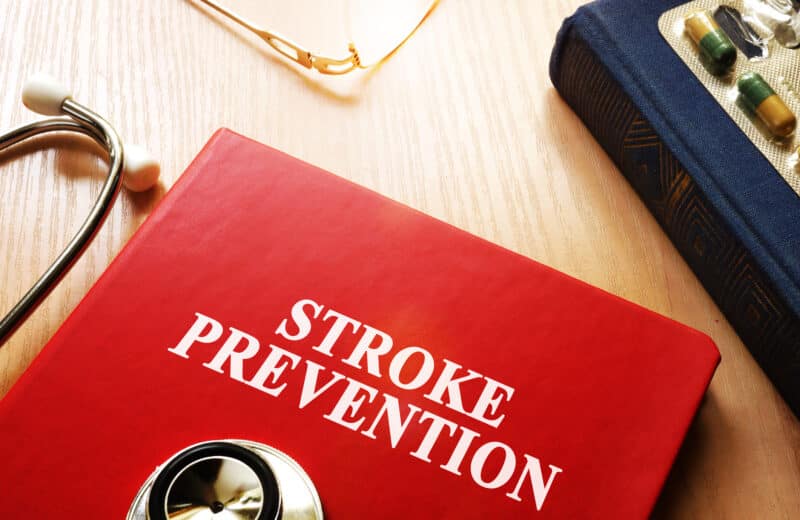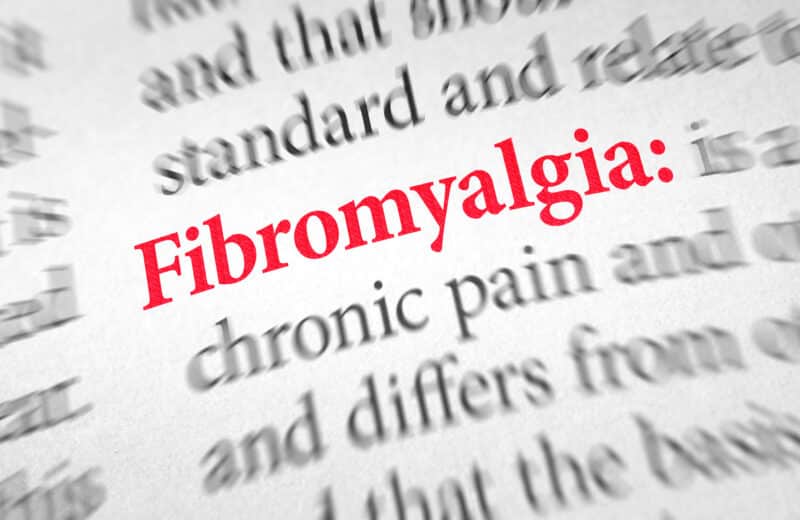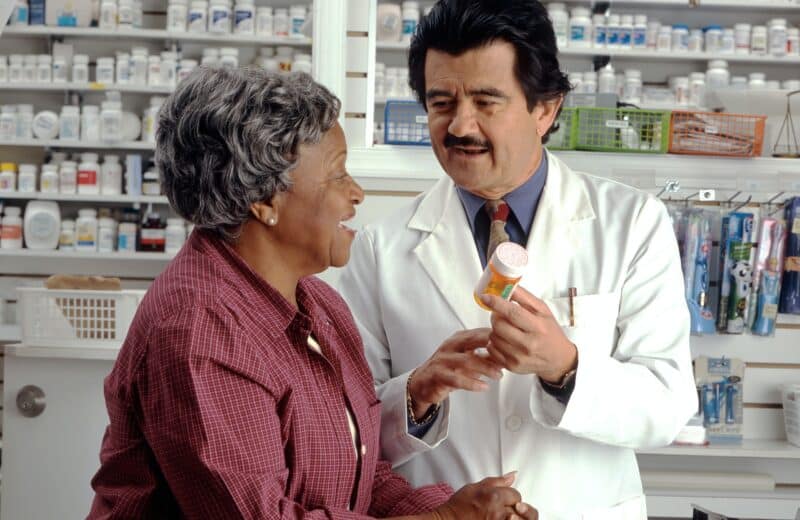The Medicine Cabinet: Ask the Harvard Experts
Q: I have spring allergies. Every year I think they won’t be too bad. In reality, it’s awful and I have a hard time getting ahead of the symptoms. Suggestions?
A: Don’t wait until you get the runny, stuffy nose and itchy eyes. Get started on treatment now, before the spring allergy season kicks in.
People with spring allergies are usually affected by pollen from birch, elm, maple, oak or poplar trees, depending on where you live. When pollen floats through the air and reaches the nose, the body sometimes overreacts.
Mast cells in the lining of the nose mistake the harmless tree particles for dangerous invaders. They summon help by releasing chemicals such as histamine and tryptase, which then recruit more immune system cells to the battle.
Instead of allowing the body to conduct an unnecessary fight against pollen, you can turn off your defense system with medications. But it’s best to do so before those allergens arrive. This is partly because some drugs take a few weeks to become fully effective.
It’s also because the reaction to even a few allergens has a snowball effect. Once the reaction starts, it’s hard to stop. More inflammatory cells are recruited to the nose and sinuses, symptoms become more severe, and it’s difficult to treat them. Instead, it’s better to block the reaction before it begins to prevent symptoms or at least lessen their severity.
The best medication to start in advance is a corticosteroid nasal spray, such as mometasone furoate (Nasonex) or fluticasone propionate (Flonase). Some of these sprays are now available over the counter. They more effectively counteract symptoms of allergies than other types of drugs.
It takes a month of a corticosteroid spray for mast cells to feel the full impact and to turn off inflammatory chemicals. So ideally you want to start three to four weeks before you usually get your symptoms. And then use the spray every day while allergy season lasts.
Another medication that can be taken in advance of anticipated symptoms is an antihistamine. Several non-sedating pills are available without prescription. Also you could use a prescription antihistamine spray. But if you also have eye symptoms, you may need antihistamine eye drops as well.
Don’t forget about drug-free ways to avoid allergens, such as keeping air conditioning and heating filters and vents clean, keeping windows closed, wearing a mask for outdoor yard work, and avoiding going outside when pollen levels are highest.
(Howard LeWine, M.D. is an internist at Brigham and Women’s Hospital in Boston and assistant professor at Harvard Medical School. For additional consumer health information, please visit www.health.harvard.edu.)

